in Thoreau’s Journal:
As I stood by Eagle Field wall, I heard a fine rattling sound from some dry weeds at my elbow. It was occasioned by the wind rattling the fine seeds in those pods of the indigo-weed which were still closed, a distinct rattling din….not a mere rustling of dry weeds, but the shaking of a rattle or a hunter rattles…
As it is important to consider nature from the point of view of science, remembering the nomenclature and systems of men, and so, if possible go a step further in that direction, so it is equally important often to ignore or forget all that men presume that they know, and take an original and unprejudiced view of Nature, letting her make what impression she will on you, as the first men, and all children, and natural men do.
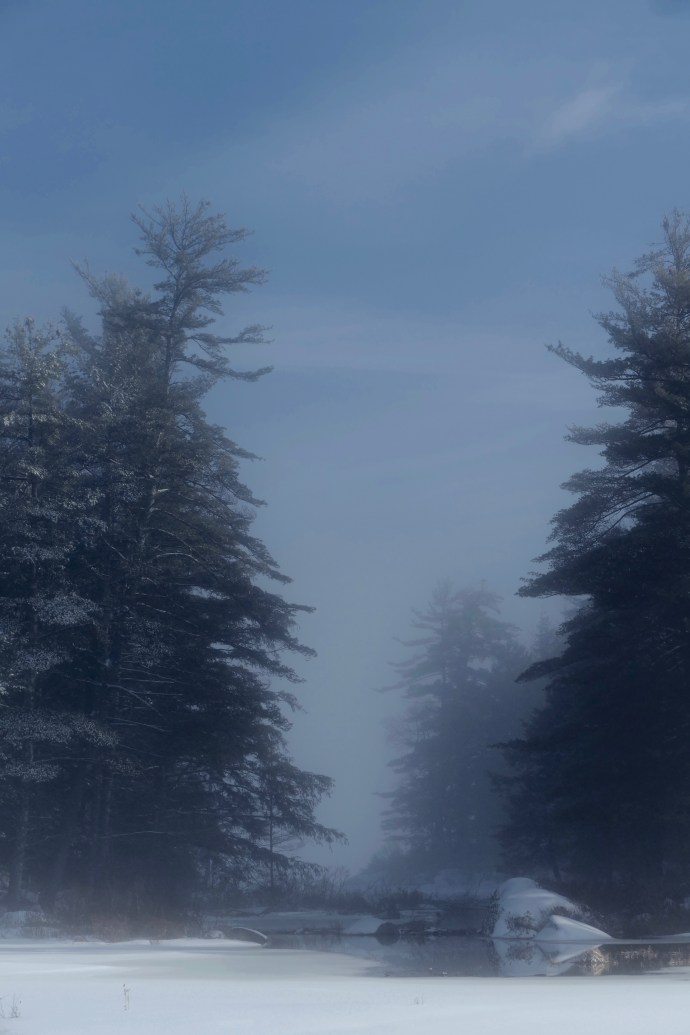



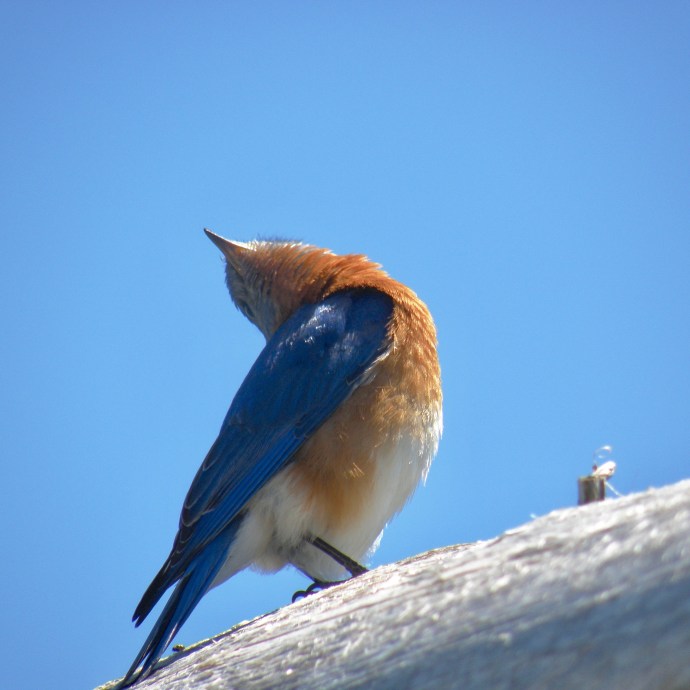
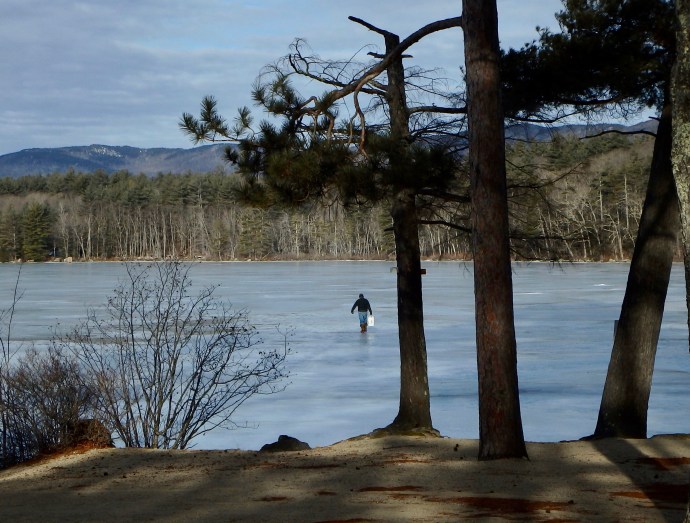
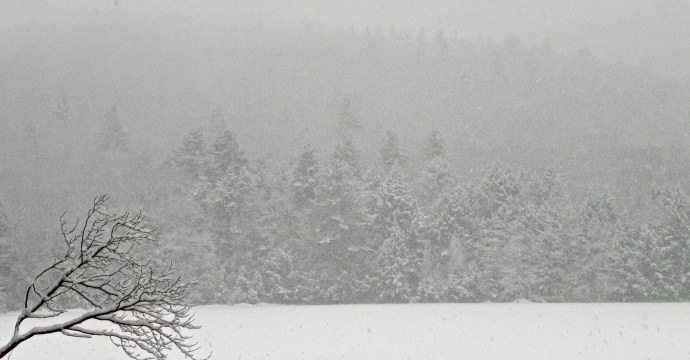




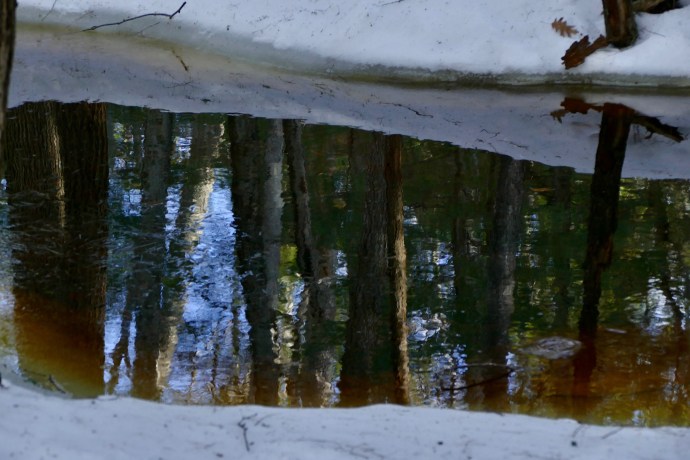
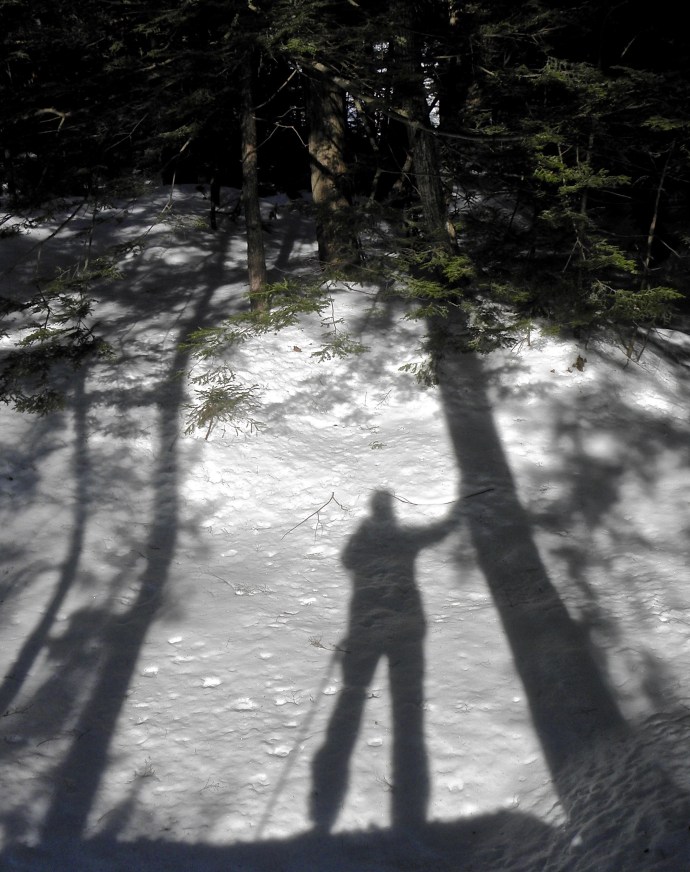






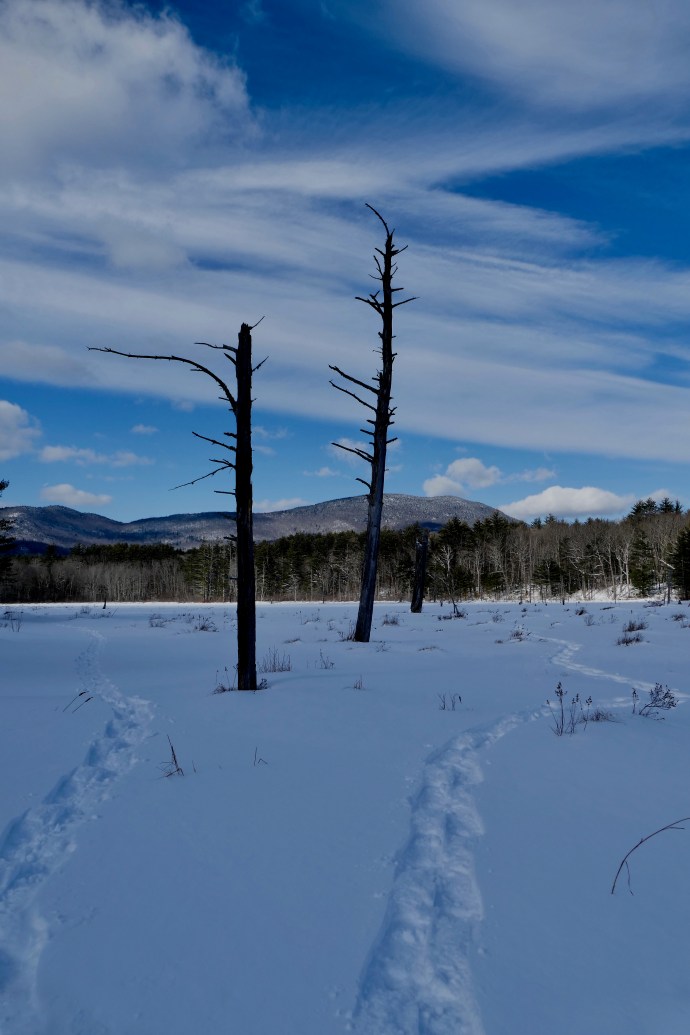


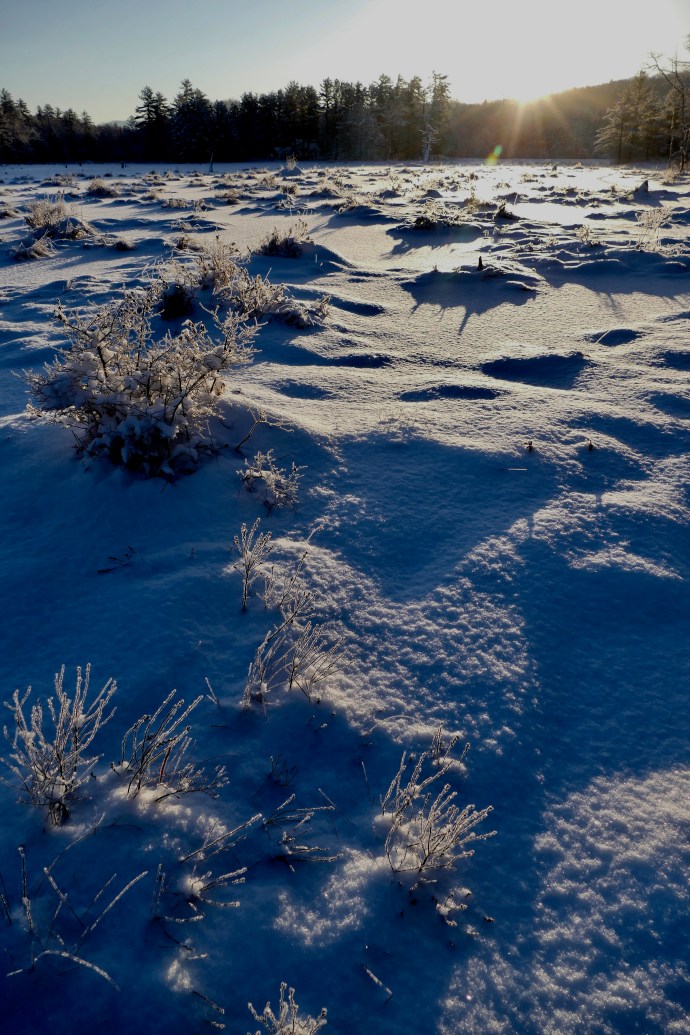
You must be logged in to post a comment.